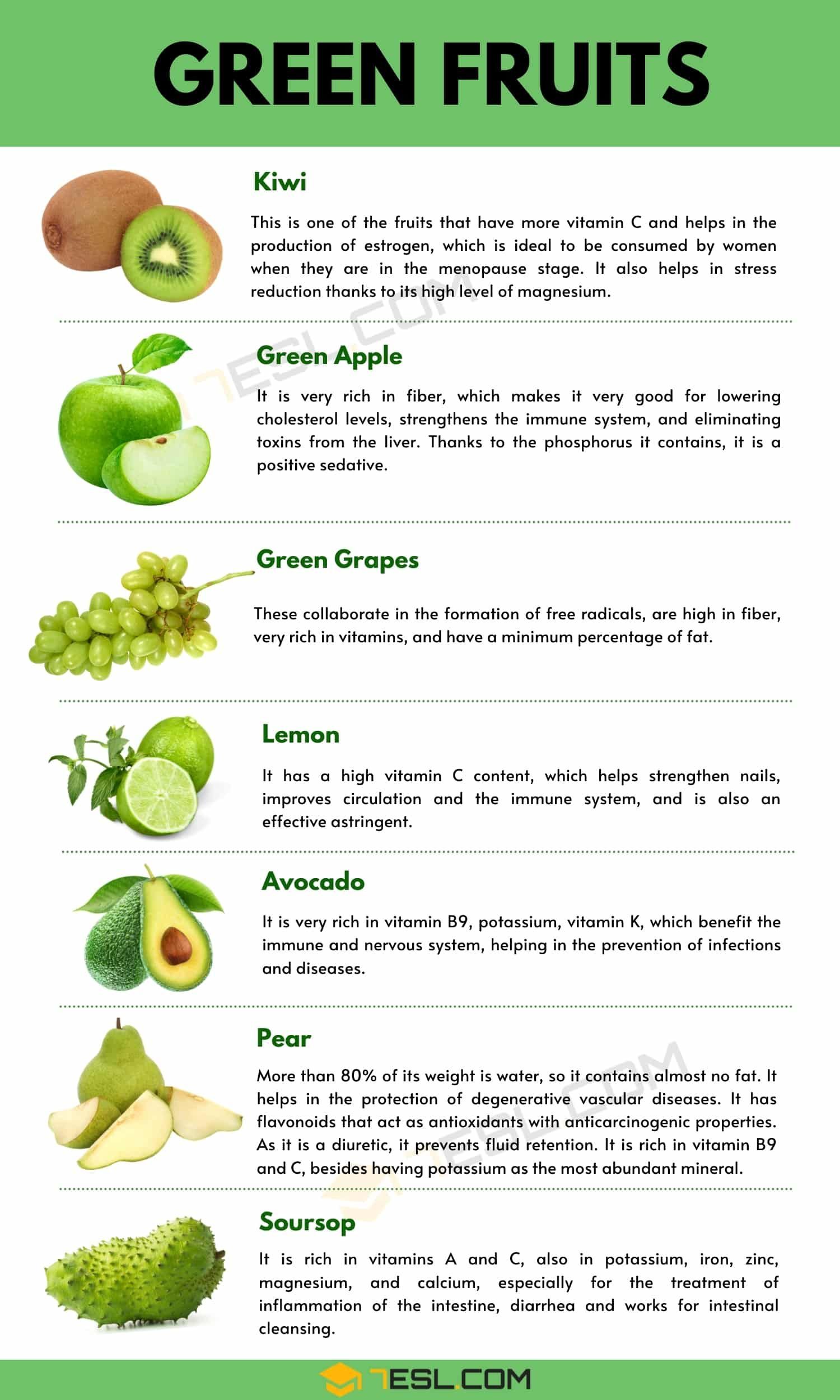Understanding the Impact of Inflammatory Foods on Health
Understand the impact of inflammatory foods on health
In today’s fasting pace world, our dietary choices importantly influence our health and advantageously being. Among the various dietary considerations, the role of inflammatory foods has gain increase attention. This article delves into what inflammatory foods are, their impact on health, and how you can make informed choices to promote a healthier lifestyle.
What are inflammatory foods?
Inflammatory foods refer to those that can trigger or exacerbate inflammation in the body. Inflammation is a natural response by the immune system to fight off harmful agents or heal injuries. Yet, chronic inflammation, frequently fuel by certain foods, can lead to various health issues, include heart disease, diabetes, arthritis, and flush cancer.
 Source: artofit.org
Source: artofit.org Common inflammatory foods
- Refined carbohydrates: White bread, pastries, and other process grains can spike blood sugar levels and promote inflammation.
- Sugary beverages: Soft drinks and fruit juices with add sugars are known to increase inflammation markers.
- Red and processed meats: High consumption of meats like bacon, sausages, and beef can contribute to inflammation.
- Fried foods: Foods cook in unhealthy oils at high temperatures, such as fries and donuts, are inflammatory.
- Trans fats: Frequently find in margarine, baked goods, and fast foods, these fats are link to increase inflammation.
The science behind inflammation
Inflammation is a complex biological response involve the immune system, blood vessels, and molecular mediators. While acute inflammation is protective and beneficial, chronic inflammation can damage tissues and organs over time. Research indicate that certain foods can trigger pathways that lead to chronic inflammation.
 Source: cuagodep.net
Source: cuagodep.net Health risks associate with chronic inflammation
- Cardiovascular diseases: Chronic inflammation can damage blood vessels, lead to heart attacks or strokes.
- Diabetes: Inflammation is link to insulin resistance, a precursor to type 2 diabetes.
- Arthritis: Inflammatory foods can exacerbate joint pain and stiffness.
- Cancer: Prolonged inflammation can create an environment conducive to cancer development.
Real life example
Consider the case of john, a 45-year-old office worker, who experience persistent joint pain and fatigue. After consult with a healthcare professional, it was revealed that his diet was high in process foods and sugars. By switch to a diet rich ianti-inflammatoryry foods like leafy greens, nuts, and fatty fish, john notice a significant improvement in his symptoms within a few months.
Tips for reducing inflammatory foods in your diet
Reduce inflammatory foods in your diet can lead to improve overall health. Here are some practical tips:
- Embrace whole foods: Opt for whole grains, fresh fruits, and vegetables.
- Incorporate anti-inflammatory foods: Include foods rich in omega 3 fatty acids, such as salmon and flaxseeds.
- Limit sugar and salt intake: Reduce consumption of sugary snacks and process foods mellow in salt.
- Choose healthy fats: Use olive oil or avocado oil alternatively of trans fats.
- Stay hydrated: Drink plenty of water and herbal teas to support bodily functions.
Conclusion
Understand the role of inflammatory foods is crucial for maintaining good health. By make informed dietary choices and reduce the intake of inflammatory foods, you can mitigate health risks and improve your quality of life. As you exploairlir, consider consult with nutritionists or healthcare professionals to tailor your diet to your specific health needs. Remember, a balanced diet not solely support physical health buto enhancece mental advantageously being.



